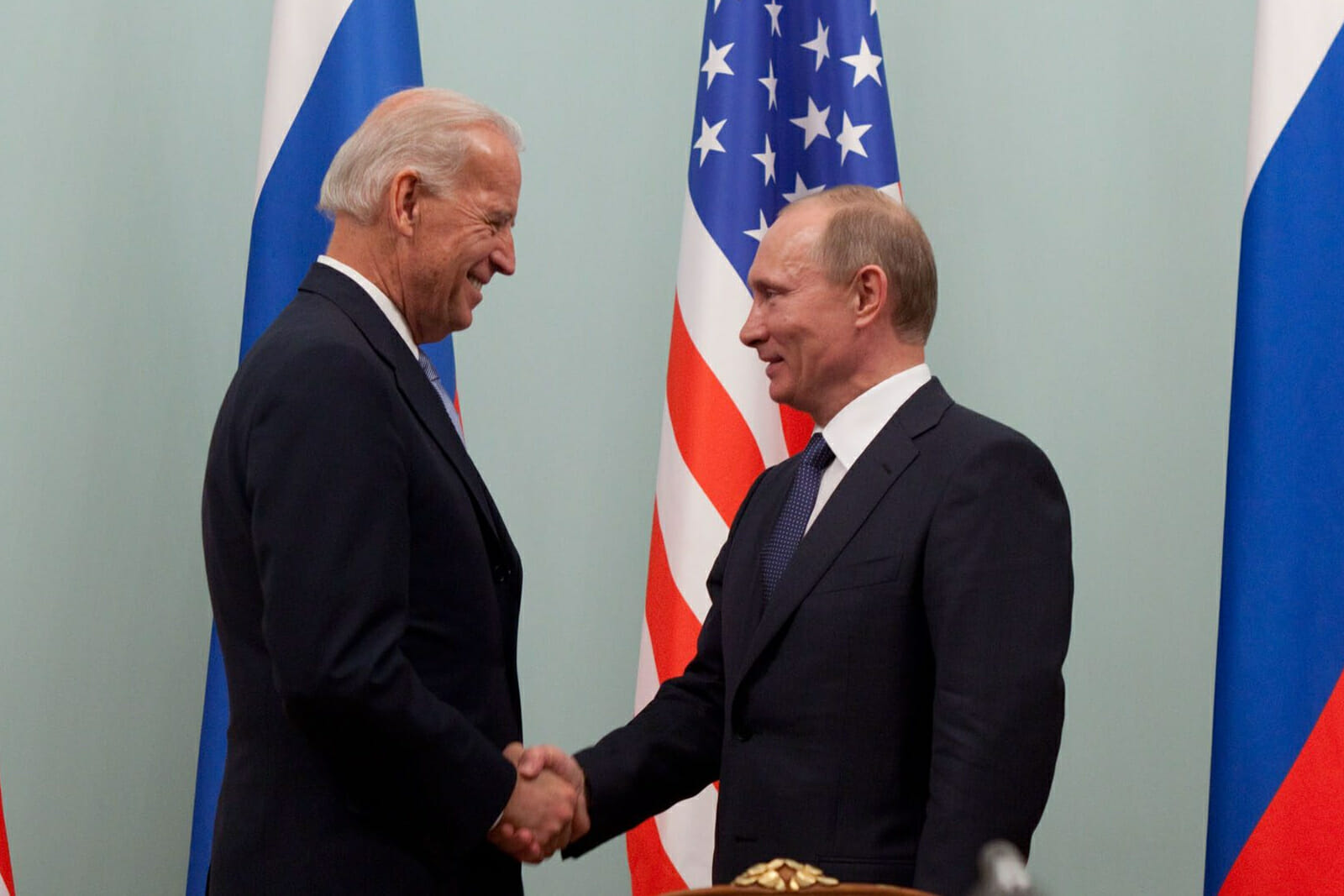
Joe Biden Vows to Step Up Pressure on Russia. Is it Worth It?
For the past 7 years, Russia has become one of America’s key adversaries. The annexation of Crimea, the conflict in Eastern Ukraine, the Syrian civil war, Russia’s military build-up, as well as cyberattacks perpetrated by Russian hackers, certainly show that Moscow is quite hostile to the United States and the liberal international order. What is less clear, however, is how Washington should respond to this.
The evolution of America’s policy towards Russia after the collapse of the Soviet Union amply demonstrates that Washington has tried everything to turn Russia into a “normal” country. In the 1990s, the U.S. pursued a policy of engagement, trying to push Moscow into adopting a constructive role in the international system. To a point, Washington almost achieved its goal: the only problem was that Russia wanted to get some kind of special treatment. When the old American policy failed after Putin’s 2007 “Munich speech” and the 2008 Russo-Georgian War, the Obama administration decided to simply start from scratch. However, the Russian reset failed too. The U.S., as well as its NATO allies, embarked upon a policy of “defense and dialogue,” which implied deterring Russia while still avoiding unnecessary escalations. Today, this stance has seemingly evolved into a policy of defense and deterrence, making almost any cooperation impossible. Such a policy is highly likely to fail along with all previous approaches.
America’s approach to Russia has to a large extent been based on finding straightforward answers to difficult questions. After Russia’s invasion of Ukraine, the United States introduced sanctions against Russian individuals and companies and started providing assistance to Kyiv. When Russia began to develop low-yield nuclear capabilities, the U.S. responded by creating its low-yield W76-2 warhead. Now, the incoming Biden administration is ready to risk an all-out confrontation with Russia to force Putin into making concessions or at least to weaken his position.
This is a misguided strategy. To begin with, this strategy is based on the all too familiar zero-sum game principle. It does not really matter who was the first to introduce this principle into U.S.-Russia relations, but zero-sum logic has never been a good thing. Reciprocating the actions taken by your perceived adversary greatly multiplies your own spending and rarely yields tangible results. Further, this strategy is too risky. The deliberate fueling of regional conflicts can drag the United States into new conflicts. This zero-sum strategy does not build on the most crucial dimension of America’s power, which is America’s attractiveness. We should bear in mind that the Soviet Union collapsed due to the inadequacy of its oppressive economic and political system rather than as a result of a military conflict. America’s most powerful weapon is the appeal of its liberal democratic system. America’s appeal freed the peoples of Eastern Europe, and America continues to be the role model for millions of those seeking freedom all over the globe.
Now, look at Russia with its GDP of $1.70 trillion compared to the GDP of the United States at $21.43 trillion. Does it serve as a role model for anyone? Hardly at all. Worse still, Russia has been unable to keep an eye on those few countries that are designated by the media as “Russia’s allies.” Some of them maintain perfect relations with the United States. Moreover, member states of Russian-led regional groupings flirt with Western governmental and non-governmental organizations that are banned in Russia, and there is nothing the Kremlin can do about it. For instance, the United States Agency for International Development (USAID) freely operates in Armenia, Belarus, Kazakhstan, and Kyrgyzstan. The Open Society Foundations operates in Armenia, Kazakhstan, and Kyrgyzstan, although George Soros, the organization’s founder, and chair, has been portrayed by Russia as the puppet master of “color revolutions” in the post-Soviet space.
This leads us to a very interesting conclusion. Even if Russia lures a few more nations into its military and political orbit, this will not be detrimental to American interests. Russia’s allies simply take advantage of financial flows from Moscow, while simultaneously enforcing their own agenda and ignoring Moscow’s advice. Such a situation can even be seen as conducive to U.S. interests, as Russia is squandering its already scarce resources to receive nothing in return. More to the point, Vladimir Putin is currently facing growing domestic political pressure; Putin’s regime will not last forever.
So, do Americans really want to counteract a country that is too weak to pose a real threat to the American people? I think it is not worth it. Russia’s own expansion and alliance building drain Moscow’s resources better than any sanctions. My suggestion is as follows. Let Russia expand its clout in Ukraine, Syria, and wherever else it wants to. Let Russia invest billions of dollars in rebuilding Syria and eastern Ukraine. Let Russia rob its own citizens to raise the money needed for the Kremlin’s costly military modernization programs. One day Russia will inevitably evolve into a more reliable and benign power. All in good time.

